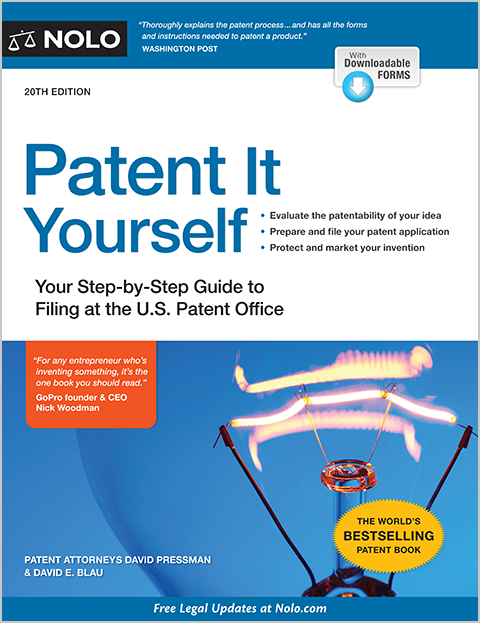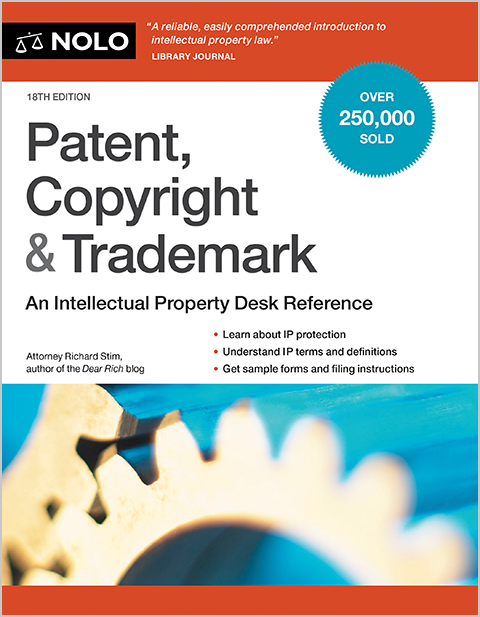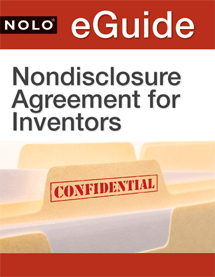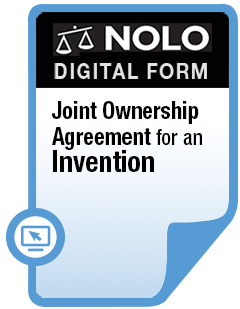Whether an employer owns a patent depends on the agreement between the parties as well as other factors.
Imagine that you work in a pharmaceutical lab for a large drug company. During the course of your work on medicinal formulas, you figure out a new combination of chemicals, and method of combining those chemicals, that dramatically increases the drug's effectiveness. Your discovery could save countless lives, and make untold amounts of money. But who owns the rights to that invention?
One could imagine "moral" arguments on both sides of that question: You did all of the intellectual and physical work; if not for your imagination and ingenuity, the new drug would never have been created. But it was your employer that provided the lab, the chemicals, and the machinery necessary for you to create the drug—and indeed, you created the drug while your company paid your salary. So, which side does patent law favor?
What Is a Patent?
As a gateway matter, we must first understand the definition of a patent. A patent is an exclusive right granted to an inventor by the government—specifically, the U.S. Patent and Trademark Office—that permits the inventor to prevent other companies or individuals from selling or using the invention for a period of time. The invention could be a drug, a machine, a piece of software, or any other sort of novel creation.
Patent law is governed primarily by the Patent Act, although Congress's ability to have the government issue patents is articulated in the U.S.Constitution, Article I Section 8, Clause 8, which provides that Congress shall have the power "To promote the progress of science and useful arts, by securing for limited times to authors and inventors the exclusive right to their respective writings and discoveries."
As a matter of policy, patents are thought to incentivize invention and creativity by ensuring that inventors are rewarded for the fruits of their labors. Thus, one can imagine why both the employee and the employer in the hypothetical described above might want the patent ownership.
Employers Routinely Control Employees' Patents
The general rule is that you own the patent rights to an invention you create during the course of your employment unless you either:
- signed an employment agreement assigning invention rights, or
- were specifically hired (even without a written agreement) for your inventing skills or to create the invention.
In practice, one of those two exceptions almost always applies, thus ensuring that employers hold the patents to their employees' creations. Almost all sophisticated employers, particularly those hiring workers at chemical companies, technology firms, or design companies, require employees to sign pre-invention assignments at the time of their hire. These are often included in the employment documents that an employee will fill out on his or her first day—documents that probably also include nondisclosure and confidentiality agreements.
Pre-invention assignments can vary in scope. For example, some might include all inventions created by employees during their terms of employment, while others include only inventions made on the employer's property during work hours that relate to the employer's business. (For example, a pre-invention assignment agreement might not cover a chemical company employee who writes a piece of code for a video game on his lunch hour using his own laptop.)
Moreover, if a company explicitly hires an employee to invent a product, or to work on a product, that employer controls the patent rights. This patent law concept is analogous (though somewhat more complex) to the copyright law concept of work-for-hire.
Shop Rights Provide Additional Avenues of Control to Employers
Importantly, even if your employer does not acquire ownership of the patent under one of these two methods—the pre-invention assignment or the work-for-hire doctrine—the employer may still acquire a limited right to use your patent (called a "shop right") without paying you.
Shop rights arise when an employee uses an employer's resources to create an invention. "Resources" might include the employer's computers, laboratories, or equipment, among other things. While this doctrine is flexible, it ordinarily allows employers to continue to use the employee's invention internally, but not to sell or assign that invention to third parties. The concept arises from the common law (created by courts, not legislatures) and is considered to be an equitable arrangement whereby employers still benefit, to some degree, from employees' inventions that they helped to subsidize.
Consult Your Attorney
Before signing an employment agreement, consider whether you are likely to invent a product or some other innovation during the course of your employment. If so, beware of pre-assignment clauses of your patent rights.
Indeed, you should work with an attorney who has patent experience, in order to clarify your concerns and negotiate as narrow an assignment as possible. (Check out Nolo's guide to Finding an Excellent Attorney). As you can see from the outline above, patent law tends to favor the rights of employers when employees create inventions on the job.
Talk to a Lawyer
Need a lawyer? Start here.
How it Works
- Briefly tell us about your case
- Provide your contact information
- Choose attorneys to contact you
- Briefly tell us about your case
- Provide your contact information
- Choose attorneys to contact you



